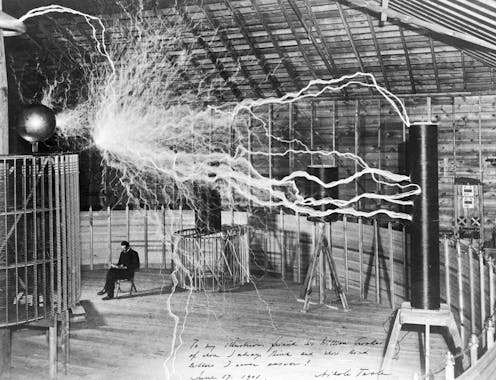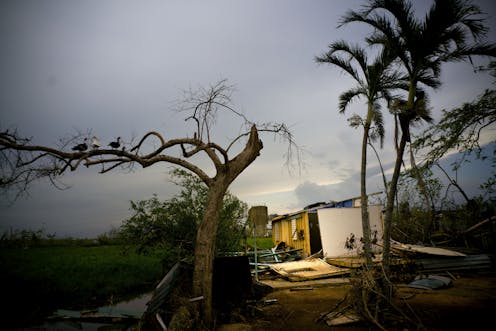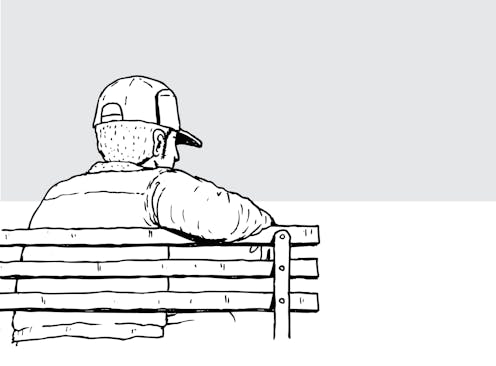Allowing mentally ill people to access firearms is not fueling mass shootings
- Written by Miranda Lynne Baumann, Doctoral Candidate, Georgia State University
On a quiet Sunday last November, a young man wielding an assault-style weapon took aim at a church in rural Texas, killing 26 people.
In so doing, Devin Patrick Kelley added his name to an ever-growing list of American mass killers and forced the nation to grapple, once again, with gun violence. Kelley’s well-documented history of violence w...
Read more: Allowing mentally ill people to access firearms is not fueling mass shootings










